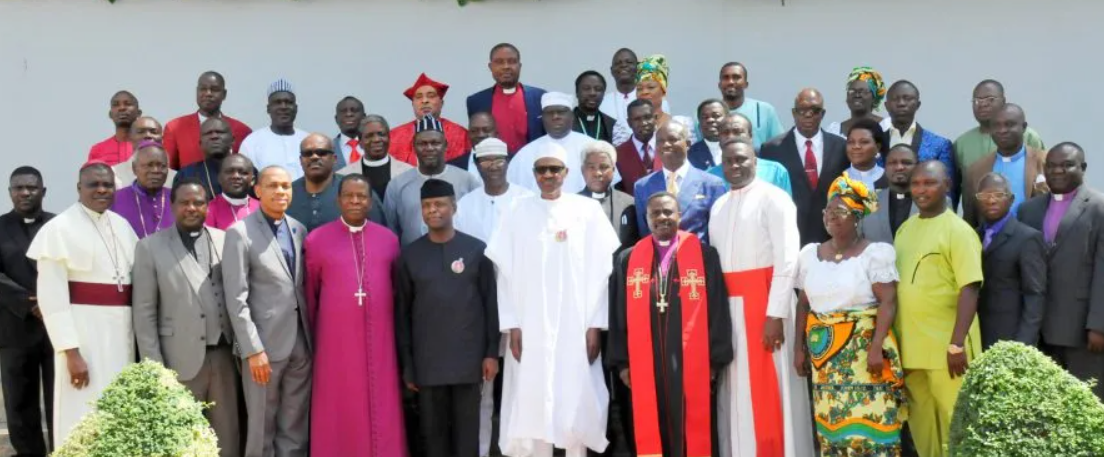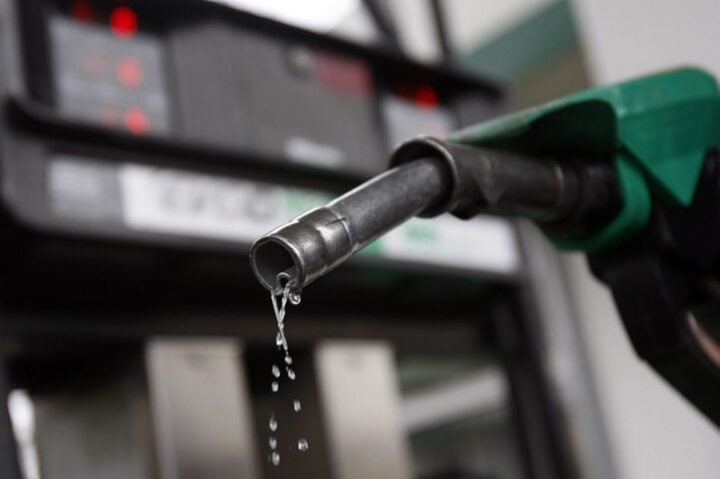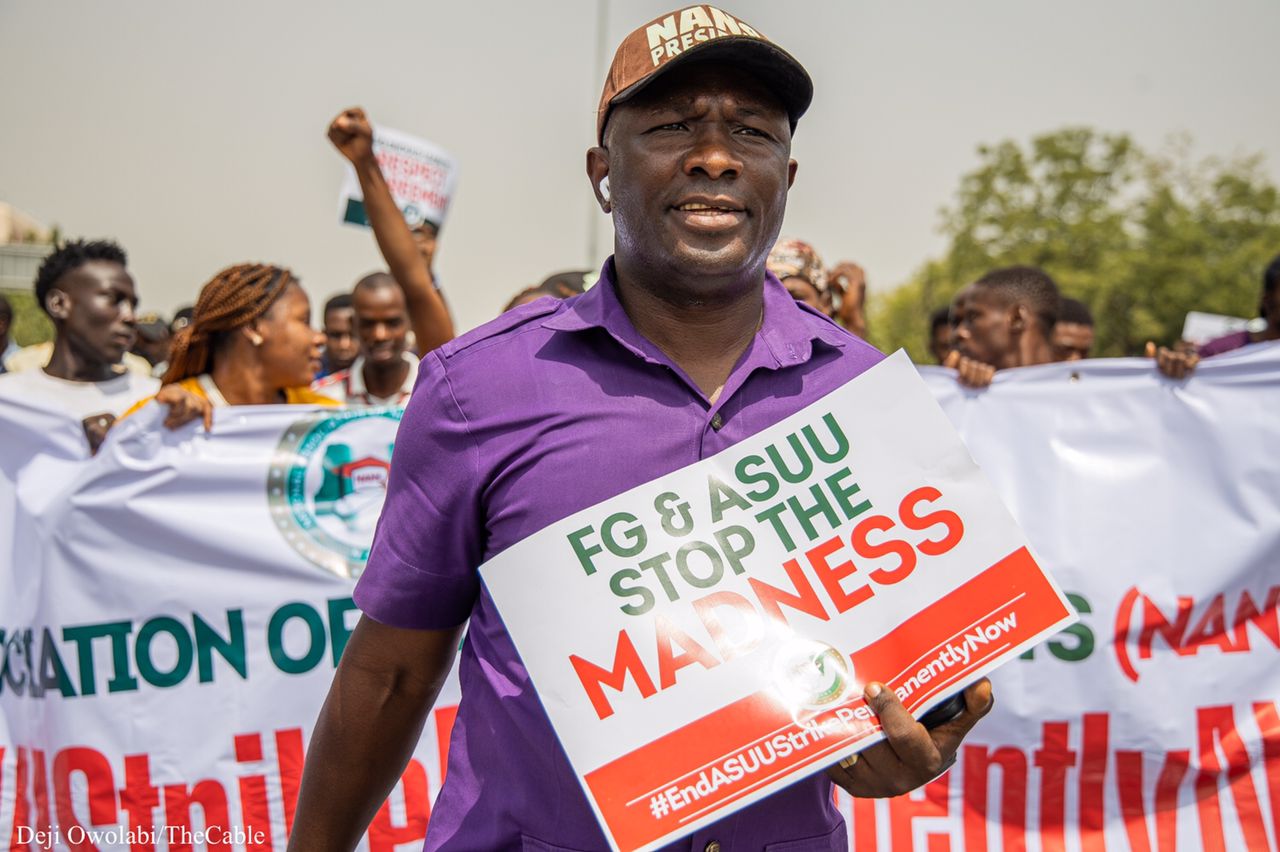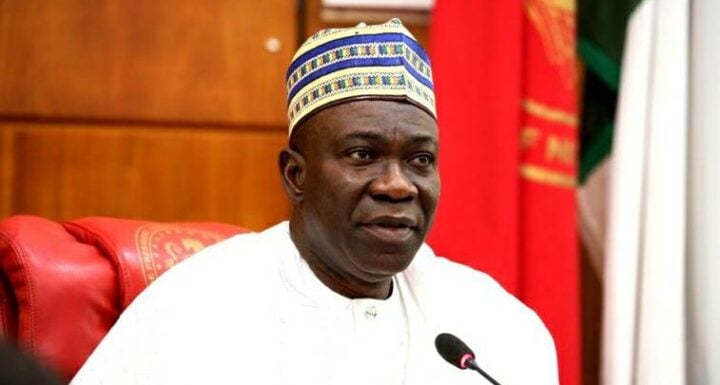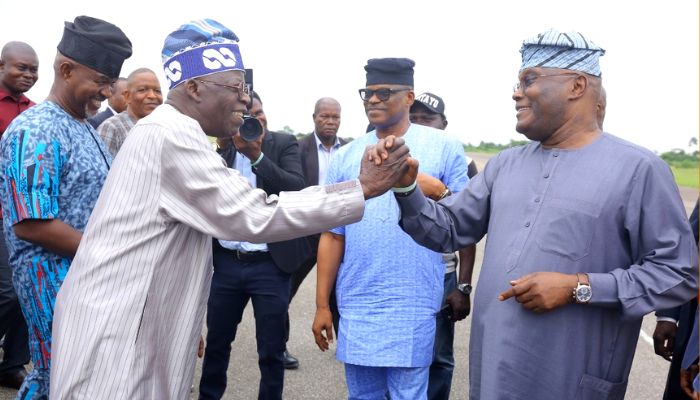When the late German philosopher and sociologist, Karl Marx – my intellectual ancestor, described religion as the “opium of the people”, he did, as if he had seen ahead, the Nigeria of today. Like he rightly propounded, religion tends to deaden the pain caused by, both natural and socioeconomic phenomena that afflict humans. It provides explanation for occurrences, which causes are beyond human comprehension. It also serves as an instrument of identity for its adherents.
Furthermore, Marx saw religion as a tool used by the well-to-do (the elites) to mislead the poor (the masses) into doing their bidding, and sometimes to oppress them. But where it exposes Nigerians masses’ vulnerability the most, is the kind of lien it affords the political elites over the Nigerian masses. Whenever any politician feels short-changed by his colleagues or the system they jointly create, he reclines in the cocoon of religion and its twin brother, ethnicity. He begins to whip up ethno-religious sentiment.
Meanwhile, ethnographic reports have it that there are over 250 ethnic groups in Nigeria. And most of them are steeper in one of the Abrahamic religions (Islam and Christianity) than the other. In other words, either Islam or Christianity is a dominant religion in each one of these ethnic groups. The politicians embark on treacherous campaigns of making their respective group believe that, the other group(s) is (are) responsible for their deplorable socioeconomic conditions. And they, thereby, planting a seed of mutual hate suspicion in the minds of the people who ordinarily should have formed a united front against their mutual enemies. But the oppressor would not spare any resource to ensure that the seed of discord sprouts and get nurtured to such an extent that it is elevated to a status of officialdom.
The above is the reason we cannot talk about recruitment into public offices, without the insufferable presence of ethno-religious factors. It has successfully relegated merit, which ought to be the primary consideration in public service, to the background. Whenever an appointment is made, the first question, people ask is; “is he a Christian or a Muslim?” depending on what faith, the predecessor practises. It is a sad reality that Nigeria has had to deal with, for the past three or more decades. As a result of this, we keep having mediocre in position to manage critical aspects of our national lives. That is why, whosoever seeks to govern Nigeria at any level, always defers to the blessings of the clergymen (there is nothing wrong about that though), first and foremost, after he must have publicly declared his or her faith. He would later have to flaunt whatever affinity he might have with people who practise the other religion, to advertise his supposed liberality. This is despite the fact that the secularism of the Nigerian state is clearly and conspicuously stated in section 10 of the 1999 constitution.
Advertisement
It is unfortunate that, the issue of religion (and ethnicity) has overtaken what should primarily dominate public discourse, as we interrogate the credentials of those who seek to take over the mantle of leadership from President Muhammadu Buhari, as the disaster that his two-term presidency has brought upon us as a nation, winds down. The national conversation ought to be centred around fixing the economy; tackling insecurity; correcting the infrastructural deficits; and above all, forging national unity, for national cohesion. But what we are preoccupied with is, ethno-religious permutation, not the competence and capacity of each of the candidates.
I am, however, beginning to think that, we rate religion too highly in this clime. The politicians must be thinking that “pastors and imams” have 100% hypnotic control over the psyches of their adherents. I doubt, if they do. But, if they do, why have millions of Nigerians who attend mosques and churches not stopped lying, stealing, kidnapping, fornicating, killing for rituals and acts of cruelty towards fellow, despite all the preaching? If answers to these questions cannot be provided, why are they so upbeat that the adherents would obtain PVC and vote according to the dictates of the clergymen?
Can you trust a poverty-stricken member of the Muslim community, or the church not to auction his PVC for as low as ₦5,000 for four years, like we witnessed in Ekiti, about a couple of weeks ago? I am uncertain if those deluded fellows (politicians) appreciate the enormity of the poverty that has pervaded the land. No, thanks to the “high-voltage misgovernance” unleashed on Nigerians by the incompetent APC-led federal government (PDP during their days as a ruling party prepared the ground for the current state of our economy). We live in a country where poverty walks on all four.
Advertisement
Meanwhile, there is one single largest tribe in Nigeria, and that is, the colony of the poverty-stricken citizens. I am talking about those of us who cannot afford a “Plan-B to “Ja pá”, apologies to Pastor Paul Adefarasin. The Hausas call us the Talkawas; while the Yorubas call us the “Mekunnus“. My limited Igbo does not afford me the opportunity to know what is used to qualify us in that part of the country, but, I was reliably told that the phrase “Ndi Ogbenye” would do some justice to that.
Ideally, any political mobilisation that is not tailored along this line, should be dead on arrival because poverty does not afflict people on the basis of religion or ethnicity. And no single ethnic or religious group can make anybody a president in Nigeria, without the support, at least one-third of the others. None of them has the national spread that the demographic—”the poor masses” have, in terms of their demographic similarities. June 12, 1993, (presidential election) happened in obedience to that order. The Muslim population alone cannot make anybody the president of the Federal Republic of Nigeria, ditto for the Christians. If you are in doubt, cast your mind back to the Buhari candidatures of 2003, 2007 and 2011 (O s’ẹkini, O lu’lẹ. Ó s’ẹkeji, O lu’lẹ……).
The above is also true of the ethnic demographics. None of Hausa, Igbo, Yoruba, Fulani, Ijaw, Igala, Idoma, Efik Urhobo or any ethnic group for that matter, have the requisite numerical strength, and constitutional supremacy to single-handedly install a president in Nigeria through the ballot box. The way our constitution is designed, requiring the right spread of at least, 25% of votes in two-thirds of the 36 states of the federation and the federal capital territory, ensures that. And that takes care of the possible fear by the minority group that they could be at the mercies of other groups with numerical advantage. So, the, “No-PVC-no-entry” campaign at worship centres is just okay for the “feel-good” effects it has on those who issue them. After all, everybody deserves the right to be happy. Nigerians would ask themselves; “how much of my bill, does my Imam or my pastor pay”?
The problem with Nigeria is neither the one between Muslims and Christians, nor those between and among the different ethnic groups. Rather, it is a class struggle between the elites and the masses. But the former are trying, as much as possible, to divert the attention of the latter away from the fact.
Advertisement
However, we cannot shy away from the fact of the divisions along the lines of ethnicity and religion, in today’s Nigeria. An elderly friend reached out to me sometimes last month, wanting to know my take on the issue of Muslim/Muslim or Christian/Christian ticket. And I told him, it is unfair, but our ways are different from those of politicians. They think of self-centered electoral victory, before national cohesion. He then asked me whether this is not the same Nigeria, where, in 1993, late Chief MKO Abiola, a Muslim from the south west, chose Ambassador Babagana Kingibe, another Muslim, from the north east, yet they secured the overwhelming supports of Nigerians, across ethno-religious divides? I told him we are not in the same Nigeria.
In 1993, there was no Boko Haram. But today, we do not only have Boko Haram in the Muslim-dominated north, but we also have a situation whereby the government at the federal level seems to have been infiltrated by them and their sympathisers. Ditto for the new set of terrorists that Baba says we should address as bandits, and other murderous groups.
Come to the south-east. We have unknown gunmen, killing people and targeting especially, innocent Nigerians from the Northern and other parts of the south, in the name of fighting for justice and liberation. Meanwhile, in 1993, there was nothing like that. What about south-west? Sunday Igboho and his secessionist group of “Yoruba Nation” agitators, are at daggers-drawn with the federal government, as they also target those they tag “criminal herdsmen”, allegedly destroying farmland, kidnapping and, raping and killing the indigenous people, just like it’s been alleged in the Benue, Plateau and Taraba axes.
Again, in 1993, the kind of religious bodies we had, were the ones that lived up to their divine roles of offering sincere and genuine advice to those in positions of authority. But today, we have Ishaq Akintola-led MURIC, which agenda I still do not understand, despite observing him for the past half a decade. The kind of character behind the movement, Akintola, is still, to me, one of the most divisive Nigerians known, in my over four decades of being a Nigerian, which coincided with my year of birth. There is nothing unifying in his numerous utterances on issues of national importance. His obstreperous presence in our national debate is an existential threat to the corporate being of Nigeria.
Advertisement
Moreover, there is a world of difference between the CAN (Christian Association of Nigeria) of today, which started about the time when “Pastor” Ayo Oritsejeafor was at the helm of affairs, and the one led by the likes of Archbishop Anthony Olubunmi Okogie, Sunday Mbang, Peter Akinola, Cardinal John Onaiyekan among others. The pulpit has almost been turned into a furnace for hate speeches. Ditto for some Masjids. It (CAN) is in a kind of competition with Akintola’s MURIC.
The land presently is pervaded by mutual suspicions. Mutual hate and bitter hostility have taken the place of amity. These may, therefore, not allow for a repeat of the 1993 presidential triumph of national unity, that blurred out our fault lines that now appear like the distinction between oil and water.
Advertisement
But as I said earlier, the politicians who are the authors of these (ethno-religious) divisions that we tend to be more conscious of, than what unites us, do not care, even if the country goes up in flames. In as much as their selfish interests are taken care of, they are fine. Head or tail, it is the hapless Nigerians that would be at the receiving end. They have the futures of their children secured in far-flung places like the Panama, Cambodia, Cayman Islands, Dominica Republic, Vanuatu among other tax havens across the globe.
We seem to overrate religion, but, any ticket without the ethno-religious balance by the political elites would amount to an act of recklessness taken too far. And the consequences of such an act, for the party, might be nothing short of an apocalyptic cataclysm, at the poll.
Advertisement
Abubakar writes from Ilorin. He can be reached via 08051388285 or [email protected]
Advertisement
Views expressed by contributors are strictly personal and not of TheCable.
Add a comment

